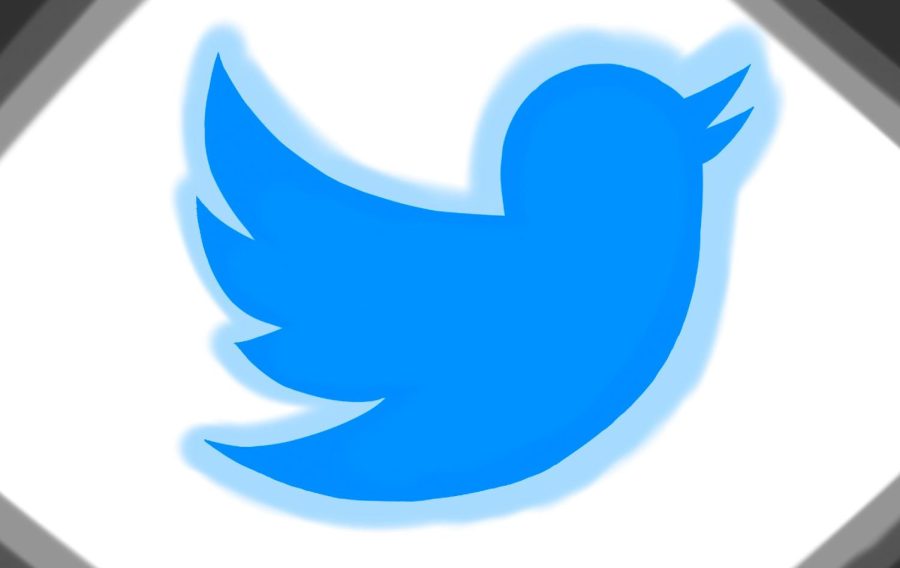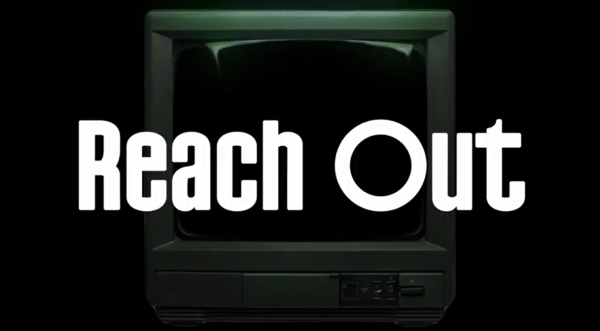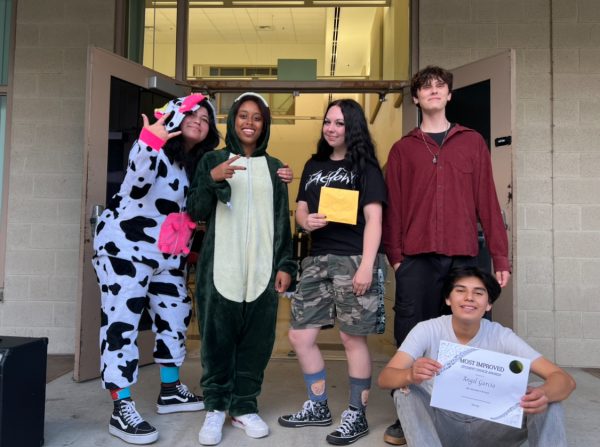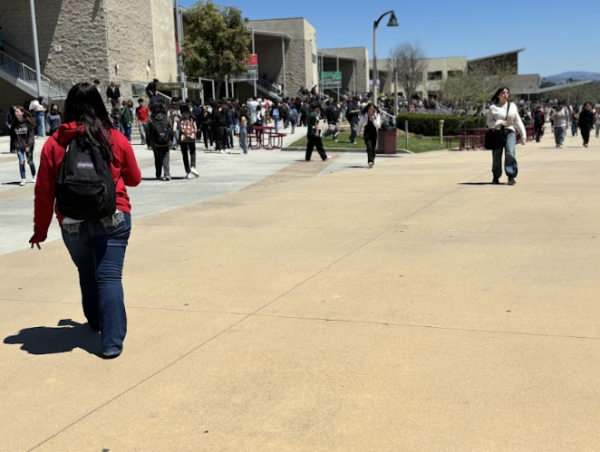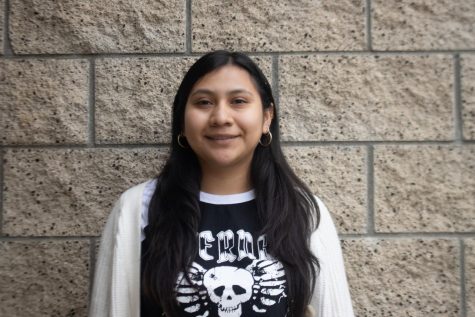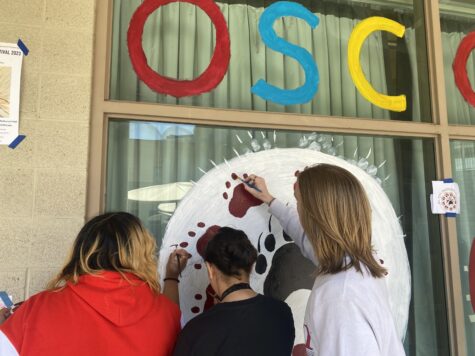Elon Musk buys Twitter, brings changes to platform
Elon Musk’s new ownership of Twitter resulted in changes to the features of the social media platform.
Photo by Elizabeth Lizarde
Twitter’s verification checkmark is one of the features that will be updated by Elon Musk’s new ownership of the platform.
Twitter is one of the most well-known social media platforms in the world. While not as popular as Instagram or TikTok, according to the Pew Research Center it is still used by 23% of teenagers across the US. However, the platform is set for some major changes in the coming months upon new ownership by billionaire Elon Musk.
Over 350 million people use Twitter daily. Whether it be contacting friends, posting and checking the news, sharing artwork, or discussing their opinions with others, Twitter has many uses as one of the oldest modern social media platforms.
On April 14, Elon Musk, founder of SpaceX and Tesla, proposed a $44 billion offer to buy Twitter. Despite disagreements in the months-long negotiations between the parties, eventually, the deal was closed on Oct. 27, with Musk becoming the new CEO of Twitter.
“I was surprised at first [by the deal], but if the last few years are any indication, our social media platforms are constantly shifting and evolving […] I thought MySpace was going to be around forever, and look how that turned out,” said Jillian Ryan, assistant principal.
The major change for the platform was the change of the Twitter verification checkmark, which previously signaled to users that an account is actually owned by the person claiming to do so, now signaling that an account user has paid the $7.99 subscription fee for Twitter Blue, though this was suspended on Nov. 11. Other changes include the unbanning of previously suspended accounts, and the creation of new methods to allow for free speech on Twitter.
“With verifying no longer being something that you earn, […] we’re seeing that impersonations are through the roof […] Similarly, with previously suspended accounts being unbanned – most of them got suspended […] usually because they said really offensive things – welcoming them back […] will [likely] drive advertisers away from the platform, which [I feel] will […] eventually throw [Twitter] into the ground,” senior Erin Beckwith said.
These proposals were not accepted with universal praise: several individuals, including author Stephen King, criticized the changes, claiming that unbanning previously suspended accounts would lead to an increase of hate speech on the platform, and alongside the verification fee, would discourage people from using Twitter.
“I think [unbanning accounts] can open teenagers up to groups that spread hate or incite violence, or provide a platform to find people who have similar views. I really believe we have controls on free speech to protect people […] I hope teens can do better than the current adult population,” said Meghan McKinney, sociology teacher.
While Twitter is becoming increasingly less influential compared to younger apps, it still plays a major role in the lives of many. To some, the future of a Twitter owned by Elon Musk is worrisome, while others remain cautiously optimistic. Nevertheless, even if the worst-case scenario happens and the website shuts down, there will still be many social media sites people can use online to connect with others like them.

(He/him) Jonathan Wilbers is a senior who joined the Silvertip staff in 2021. Jonathan believes that the paper provides great experiences in collaboration,...

